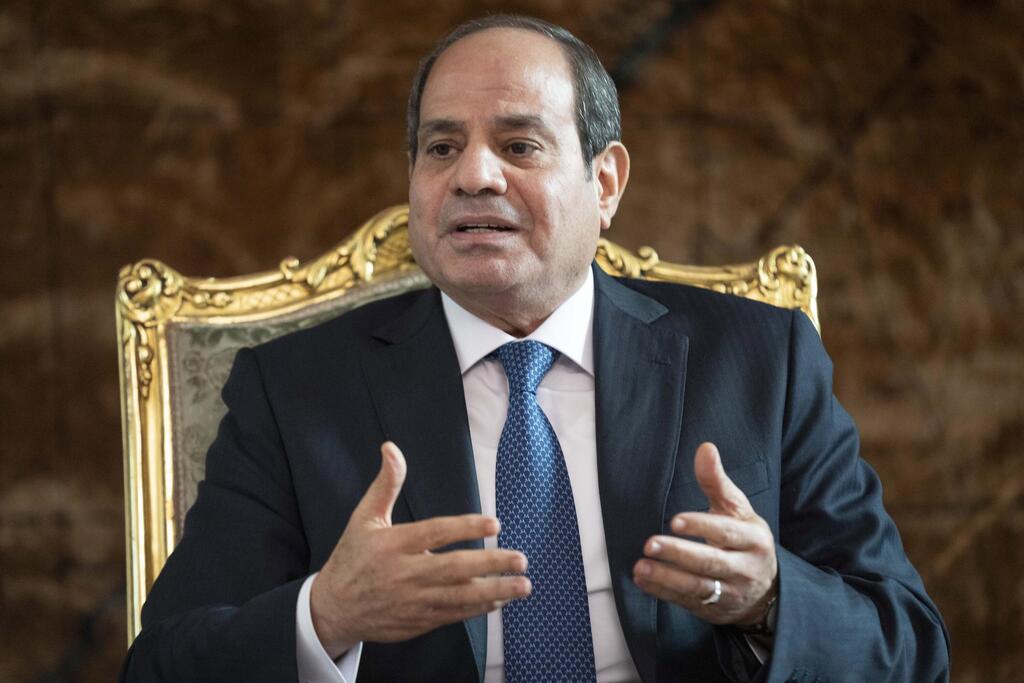Getting your Trinity Audio player ready...
Mossad Chief David Barnea and Qatari mediators drafted a proposed deal to be negotiated with Hamas that would see the release of all women held by Hamas in Gaza and the elderly hostages in exchange for a 30-day lull in the fighting and the freeing from Israeli jails of an undisclosed number of Palestinian prisoners.
The offer does not include an Israeli withdrawal from the Strip. The U.S. and Qatar were considering a guarantee to Hamas that the IDF troops would pull out after all hostages were freed, despite Prime MInister Benjamin Netanyahu's insistence on maintaining troops along the border with Egypt.
Efforts were underway to bring Hamas back to the negotiating table even for a "small deal" to test the terror group's position after the killing of Hamas leader Yahya Sinwar earlier this month. Proposals on offer involve four hostages released in exchange for a two-week ceasefire, followed by a temporary pause to ponder peace. Prime Minister Netanyahu, however, claimed no such offer was made adding that he would have accepted such a proposal.
Troops operating in Gaza
(IDF)
Hamas, meanwhile, eyes Egypt not merely as a neighbor but as a gateway—a portal to renewed diplomatic ties under the watchful eyes of newly minted intelligence chief Hassan Rashad. This rapprochement comes after a frosty chapter with Rashad's predecessor, Kamal Abbas.
And then there is the Russian proposal—two hostages with dual citizenship, Alexander Trofenov and Maxim Harkin, become the focal point of Moscow's diplomatic efforts. Hamas number 2, Mousa Abu Marzook was in Moscow, but it remains unclear—whether this would be part of a broader agreement.
2 View gallery


US and Qatar trying to negotiate a deal alongside Mossad chief Dedi Barnea
(Photo:Yariv Katz, Menahem KAHANA / AFP, AFP, AP)
With the U.S. presidential elections taking place next week, there’s doubt whether any deal can be agreed before Americans go to the polls. After the elections, the pressure on Netanyahu promises to be relentless, regardless of who the next president will be.
Get the Ynetnews app on your smartphone:






